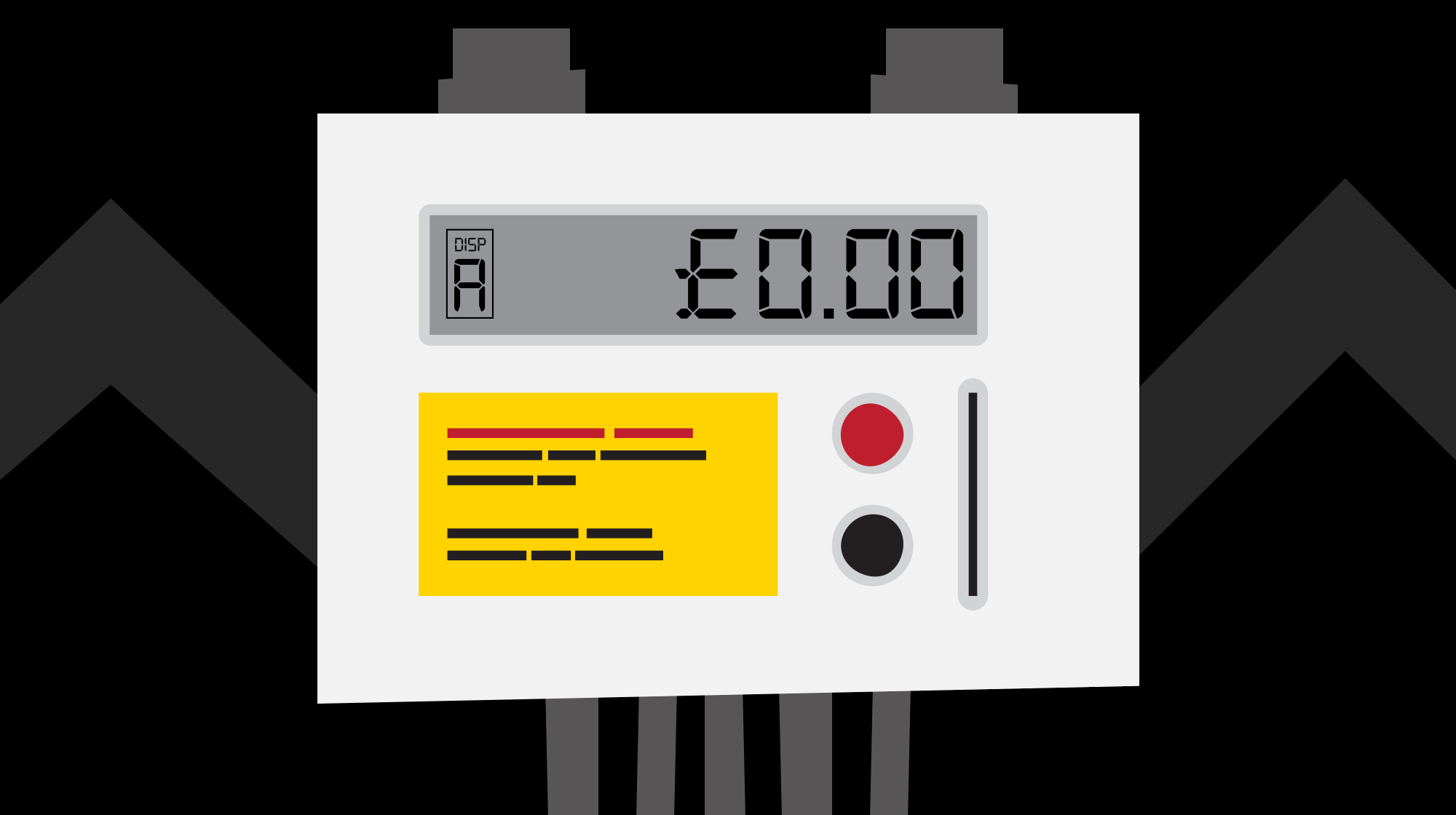With fuel prices continuing to rise, the charity says prepayment meter users will be the hardest hit, with the cost to top up each month expected to increase to £251 from October and rising further still to £480 by December.
Energy regulator Ofgem has today announced the October price cap will be set at £3,608 for pre-paying customers, pushing up annual fuel bills for millions of households. Forecasters are also predicting further price rises in January, which could see bills reaching £5,111 per year. For the four million households in Great Britain with a prepayment meter, the majority of which are low income, this will would mean a monthly fuel costs of £713 in January 2023 alone.
Fuel Bank Foundation, which funds emergency fuel for people who can’t afford to top up their prepayment meter, says spiralling energy prices will lead to more people rationing or self-disconnecting and living without heat, light and power in their homes this winter.





